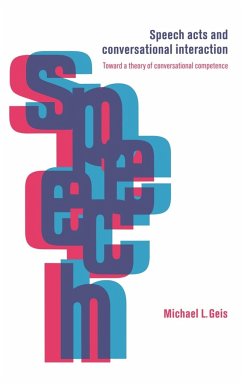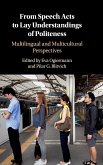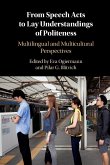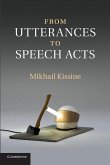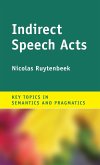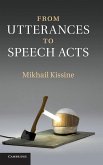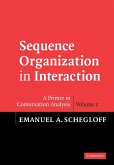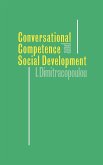This book unites speech act theory and conversation analysis to advance a theory of conversational competence. It is predicated on the assumption that speech act theory, if it is to be of genuine empirical and theoretical significance, must be embedded within a general theory of conversational competence capable of accounting for how we do things with words in naturally occurring conversation, and it can usefully be seen as a synthesis of traditional speech act theory, conversation analysis, and artificial intelligence research in natural language processing. Michael L. Geis analyses a variety of naturally occurring conversations, presenting them within a framework of computational interest and within discourse representation theory. In particular, he offers an explicit mapping of semantic and pragmatic (i.e. speech-act-theoretic) meaning features and politeness features into so-called conventionalised indirect speech act forms.
Table of contents:
1. The nature of speech acts; 2. Meaning and force; 3. The structure of communicative interactions; 4. Interactional effects; 5. Indirect speech acts; 6. Conventions of use; 7. The structure of conversation; 8. Utterance generation.
In this study Michael L. Geis proposes a new theory of speech acts, dynamic speech act theory, which serves as the foundation for a general theory of conversational competence and which synthesises traditional speech act theory, conversation analysis, and artificial intelligence research in natural language processing.
This book unites speech act theory and conversation analysis to advance a theory of conversational competence.
Table of contents:
1. The nature of speech acts; 2. Meaning and force; 3. The structure of communicative interactions; 4. Interactional effects; 5. Indirect speech acts; 6. Conventions of use; 7. The structure of conversation; 8. Utterance generation.
In this study Michael L. Geis proposes a new theory of speech acts, dynamic speech act theory, which serves as the foundation for a general theory of conversational competence and which synthesises traditional speech act theory, conversation analysis, and artificial intelligence research in natural language processing.
This book unites speech act theory and conversation analysis to advance a theory of conversational competence.

